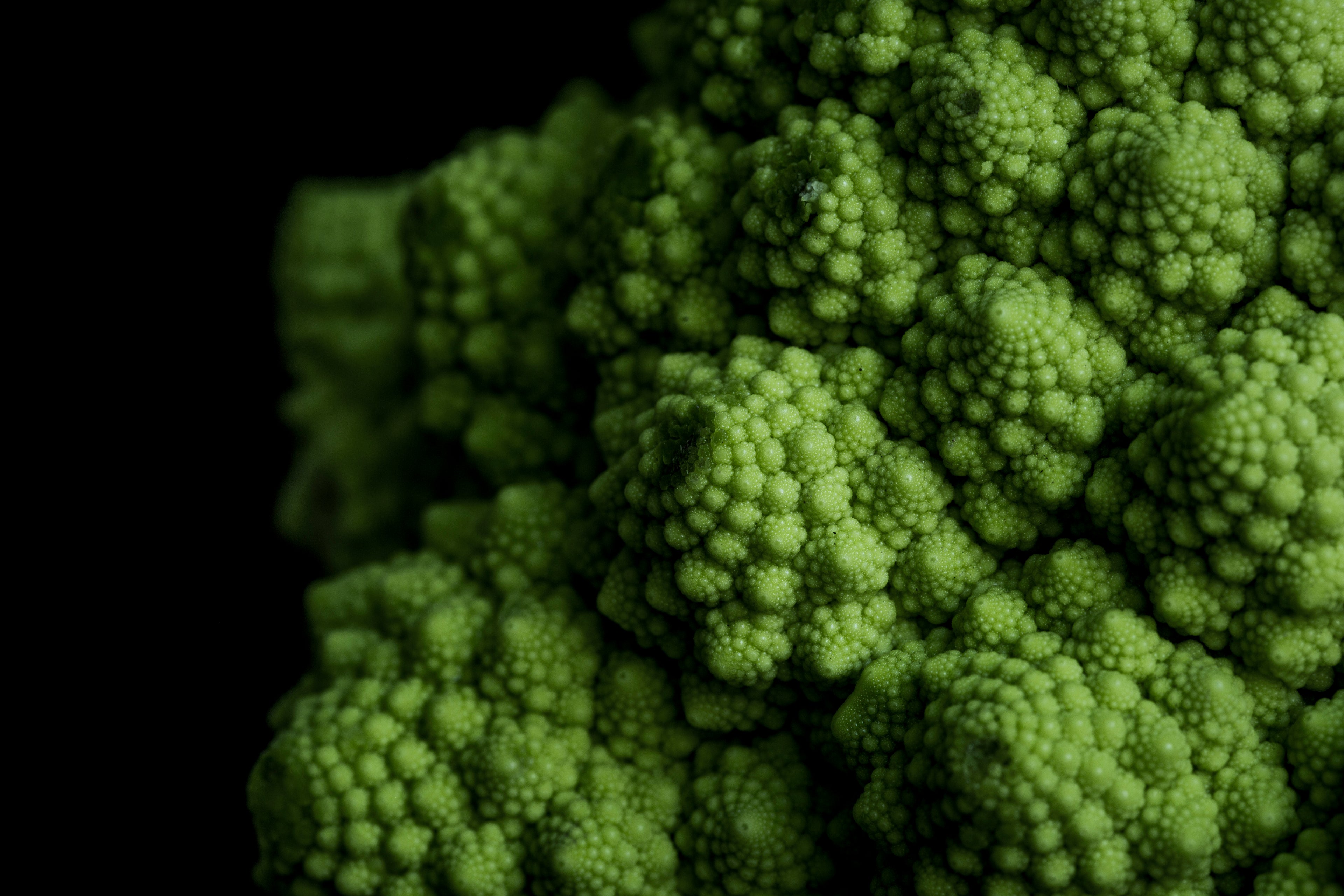
Permaculture
What is Permaculture?
Permaculture is an agricultural and social design theory centered around simulating or directly utilizing the patterns and features observed in natural ecosystems.
To put it simply: We learn from Nature, our greatest teacher.
By taking a moment to step back and observe her systems and patterns, we are able to visualize and implement simple, sustainable solutions to problems and hurdles. We continuously seek to mimic nature in our growth, design, and development of the farm to create a regenerative system that works with the land and the environment around us.
The 3 Ethics of Permaculture
- Earth Care – The allowance for natural processes and resources that support all life systems to cycle and regenerate.
- People Care – The right for all people to have the power to manage the natural resources and cultural processes necessary to one’s existence in a manner consistent with Earth Care.
- Fair Share – The governing of human needs and behaviors that results in the equitable availability of resources and rights for the Earth and all its inhabitants, including both the intrinsic rights and dignity due all people as well as the setting of limits to growth and consumption by those who are exhausting resources at an unjust and un-ecological rate.